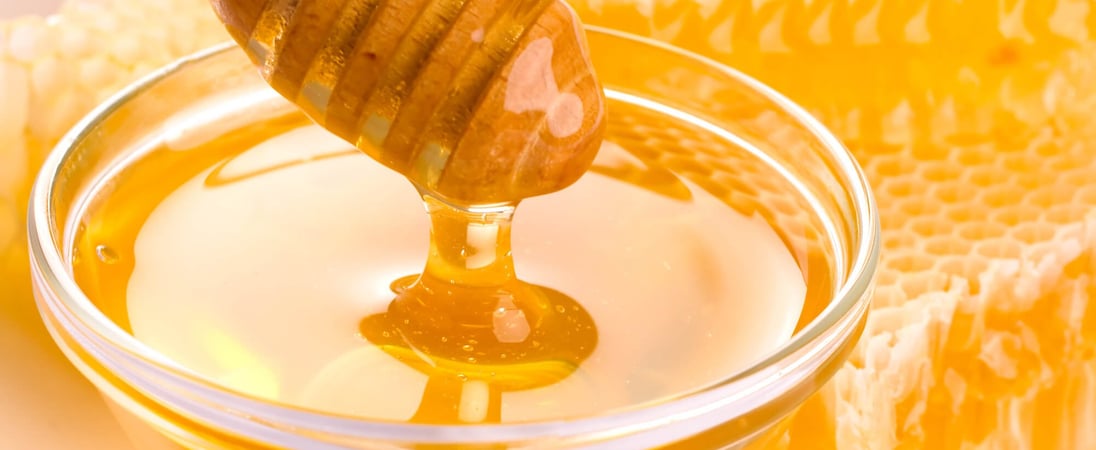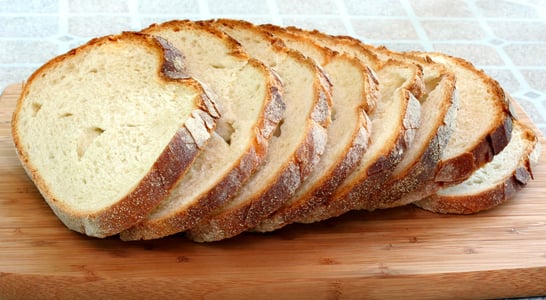
National Honey Month
Put it in your tea, spread it on some toast, enjoy honey in all its forms! Try a new kind of honey, such as orange blossom, eucalyptus, or beechwood honey.
Those who love any and everything that is related to honey, bees and beekeeping should get ready because it is time to celebrate National Honey Month!
National Honey Month is a celebratory and promotional event that is held annually during the month of September. Its purpose is to promote US beekeeping, the beekeeping industry and the use of honey as a natural and beneficial sweetener.
The journey of honey, of course, begins with the humble honey bees. Whether buzzing in their hives or foraging for nectar in wide open fields, honey bees are a critical component of today’s agricultural market. They perform the vital function of pollination, or the transferring of pollen from plant to plant, thus fertilizing the plants and enabling them to bear fruit.
In fact, about one-third of the average person’s diet in the United States is derived from insect-pollinated plants. And honey bees are responsible for about 80 percent of that process. That’s a lot of reliance on such tiny little creatures!
Major crops that depend on honeybees for pollination consist of almonds, apples, avocados, blueberries – the list goes on and on.
History of National Honey Month
September typically marks the end of the beekeeping season in most climates, which means that the bees are beginning to prepare for winter by securing their hives.
Initiated by the National Honey Board in the US in 1989, National Honey Month is an important time of year for beekeepers and honey makers.
This is the time to pay homage to these little critters that keep making honey, as well as a time for being grateful for the role they play in pollinating crops for human consumption.
Now is the time to celebrate everything that goes along with National Honey Month!
How to Celebrate National Honey Month
Celebrating National Honey Month is a vital step in raising awareness for these little creatures that are so important to the environment and the ecosystems. Celebrate with these fun ideas or come up with some other creative ideas:
Enjoy Eating Some Honey
Honey is a natural sweetener that has been linked to health benefits including improved heart health and wound healing. It is important to remember that honey is packed with sugar, however, so it should always be consumed in moderation.
Honey comes in two categories, raw and processed. Processed honey is heated and then bottled in a factory which some people believe removes some of the health benefits and nutrients. Raw honey is more natural, but also can contain certain spores of bacteria, which means it should not be given to children under one year old.
Taste a Unique Kind of Honey
Many people are accustomed to the taste and texture of acacia honey, which is one of the most popular varieties. However, honey comes in dozens of different types, depending on the variety of bees as well as the types of flowers the bees are using for nectar.
Try these interesting types of honey in celebration of National Honey Month:
- Beechwood Honey. Also known as Honeydew Honey, this is sourced from the South Island of New Zealand. It comes from the sap produced by the bark of the Beechwood tree.
- Eucalyptus Honey. Originating in Australia, this honey is now also produced in California. It has an herbal flavor and is appreciated for its medicinal uses.
- Blueberry Honey. Extracted from the white flowers of the blueberry bush, this honey is produced in New England and Michigan.
- Orange Blossom Honey. Native to Mexico and Spain, the popularity of this honey has increased and it is now produced in many warm climates. It has a fruity, citrusy taste that mimics the fruit of the orange tree.
Learn More About Bees
Dedicating time and energy to learning more about bees is an important part of National Honey Month, especially as the number of honey bees in existence seems to be rapidly declining.
Now is the time to head over the library and check out some books about honey bees or hop on the internet and do some research regarding the topic. Better yet, look up some beekeepers in the local area and see if they would be willing to allow a visit to their bee farm!
During National Honey Month, try these fun facts about bees and honey on friends and family:
- The ‘world’s oldest honey” was discovered in 2012 in the country of Georgia. It was found in ceramic jars and is believed to date back more than 5000 years!
- One worker honey bee produces around 1/12 teaspoon in its lifetime! That means more than 20 thousand bees are needed to make just one jar of honey. That’s a lot of teamwork!
- Honey is completely self preserving and never actually spoils. It might get granulated or hard, but it creates an environment that is inhospitable to bacteria, so it doesn’t actually ever go bad.
- While most honey ranges somewhere in the golden hue, certain bee farmers in the southeastern United States have produced a honey that is deep purple–but scientists can’t even figure out why!
Become a Beekeeper
Most people who have just a small amount of land can find the space to host some bees. Get more information and access to resources from the American Beekeeping Federation, which hosts a network of beekeepers who are making the world a better place for bees and, in turn, a bit sweeter due to the honey they produce!
Also in ...
View all holidaysGinger Cat Appreciation Day
Though they have a reputation for being total doofuses, ginger cats are actually—wait no, that’s right. Give your ginger doofus a big hug and some cat treats.
National Tofu Day (UK)
Try a healthier, often more eco-friendly option in your meals instead of meat. Try tofu stir-fry, tofu in taco bowls, or even a sweet, moist tofu-based dessert.
We think you may also like...
National Sourdough Bread Day
Try baking your own, enjoy your favorite sandwich or soup bowl, or even branch out and try sourdough cake on the delicious, yeasty National Sourdough Bread Day.








